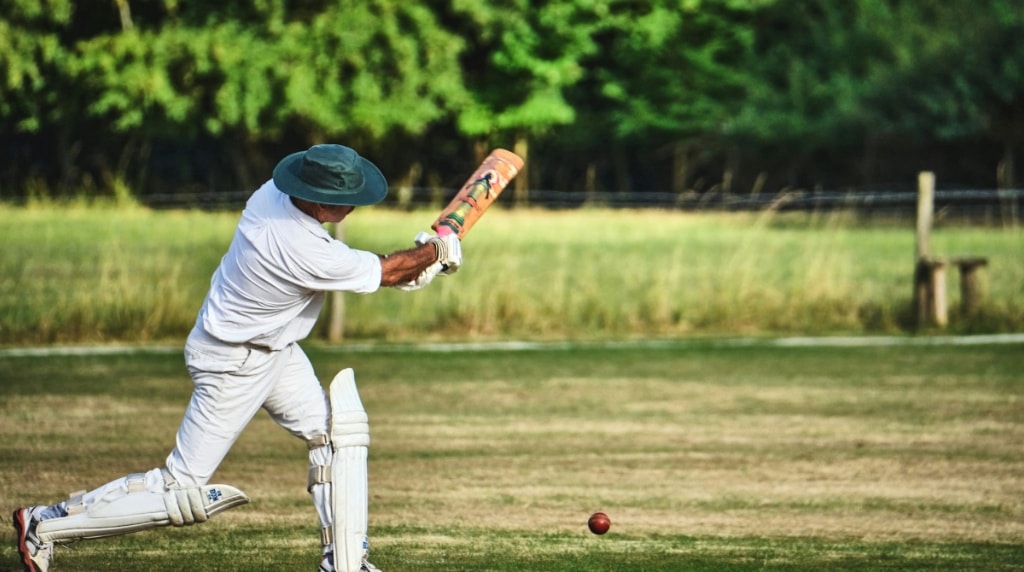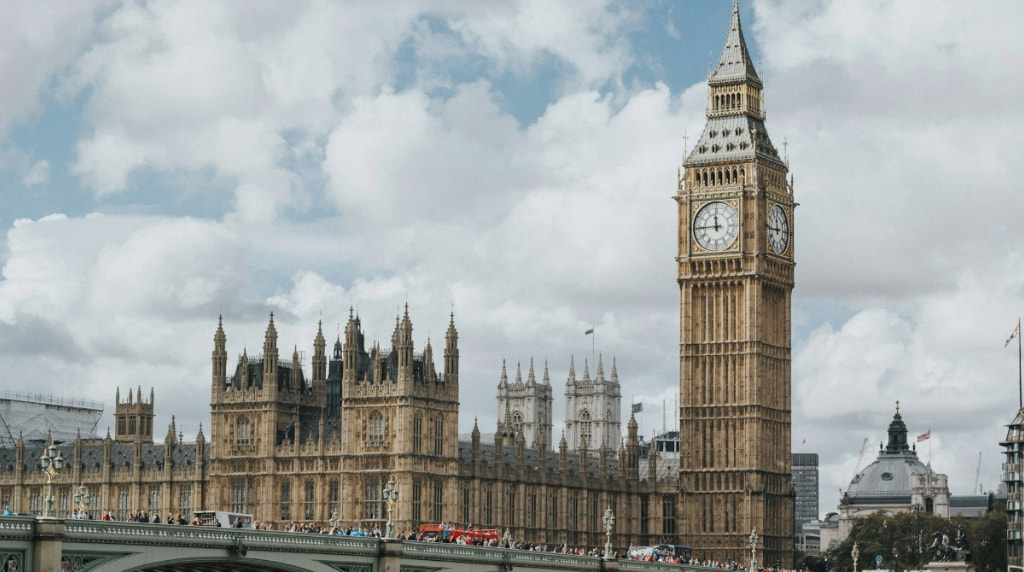Ukraine Grants Spaceiks New License
Spaceiks LLC, operator of the Cosmolot brand, has been granted the first legal gambling license in Ukraine by the country’s Commission for the Regulation of Gambling and Lotteries (KRAIL). The license is the first to be granted in Ukraine following the passing of its very first Gambling Act in 2020.

The first legal gambling license to be granted under Ukraine’s newly opened regulated market has gone to Cosmolot operator Spaceiks LLC. Ukraine’s Commission for the Regulation of Gambling and Lotteries (KRAIL) awarded the license after reviewing the operator’s management structure. ©12019/Pixabay
Spaceiks Becomes First Licenses Operator in Ukraine
Spaceiks LLC, winner of Ukraine’s very first legal gambling license under an openly regulated market, also operates the Cosmolot brand — once owned by the Eastern country’s own National Lottery. However, this partnership ended in 2019.
Before Spaceiks LLC can actually be awarded its coveted five-year gambling license in Ukraine, it must first pay a UAH39 million online license fee, something which is usually typical in the licensing process.
Spaceiks initially applied for a license in December 2020, at which point Ukraine’s Commission for the Regulation of Gambling and Lotteries (KRAIL) requested further information concerning the operator’s ownership structure. This was done in order to guarantee Spaceiks met Ukraine’s strict requirement that all official licensees must be based in the country.
However, after the reviewing of many documents and some scrutiny, the operator was finally awarded an official gambling license.
The chief executive of Cosmolot Sergey Potapov expressed great excitement concerning the long-anticipated launch of Ukraine’s regulated gambling market.
Potapov noted the importance of obtaining a legal gambling license and said that, while the road to legalization has been long and often circuitous — the launch of a legal and regulated market is important above all else.
He likewise thanked Ukraine’s Commission for the Regulation of Gambling and Lotteries (KRAIL) for their speedy and thorough work in approving the operator’s license application.
Ukrainian Gambling Act Finally Signed into Law in August 2020
August 2020 saw somewhat of a historically significant moment occur in Ukraine: the official legalization of all gambling in the country.
Signed into law by Ukrainian president Volodymyr Zelensky, the act allows online gambling, bookmaking, slot halls and land-based casinos (though they must be situated in hotels). Eastern Europe-focused operator Parimatch took the opportunity to announce its intent to pursue a license.
The 2285-D bill, originally introduced by Oleg Marusyak, was only signed into law after it was first passed in Ukraine’s parliament, known as the Verkhovna Rada, in a 248-95 vote which also took place in August 2020.
The bill took multiple readings and sessions in parliament before being actually passed due to the introduction of thousands of proposed amendments, namely by Deputies from opposition parties — all of which needed to be worked through before tackling the bill itself.
One of the more notable amendments was the raising of Ukraine’s minimum gambling age to 21 years old.
As per the last published version of the bill following its second reading in parliament, license fees for new operators will be UAH30.7 million (£906,000/€1.0m/$1.1m) for online gambling, which must be paid when a license is renewed every five years.
Bookmakers’ license fees, meanwhile, come out to UAH70.8 million, while the fee for casinos in hotels in Kyiv will be UAH121.6 million. The license fee for online poker has been set to UAH23.7 million.
No tax rates relating to the gambling market have been finalized or passed as of writing, though many have been proposed.
Gambling Bill Contains a Number of Conditions
Aside from an already large number of amendments to Ukraine’s recently passed Gambling Act, the piece of legislation also contains a number of strict conditions for operators wishing to obtain a legal gambling license.
The most notable of these is easily the controversial inclusion of a limit on the origins of companies wishing to offer gambling in Ukraine.
A section of the bill thereby stipulates that any company managing and operating slot machines in Ukraine cannot originate from a country considered to be an occupying or aggressive state.
In practice this means that any slot machine operator owned by a Russian organization will be forbidden from operating.
Russian-owned companies will simply be denied licenses if they apply for one, as well as if they contain any Russian-born directors or Russian high-ranking staff members.
Previous drafts of the bill seem to imply that such origin restrictions should only apply to land-based offerings and not the iGaming market, though it remains to be seen what will actually happen in practice.
In its amended form, Ukraine’s 2020 Gambling Act in fact removed restrictions concerning gambling advertising. Previous drafts attempted to prohibit casinos from advertising their services on the internet, as well as from using any unrelated parties or affiliate marketing.
Newly Proposed Tax Bill Would Affect Gambling Verticals
While no concrete tax regulation concerning gambling in Ukraine has been officially set, a new tax bill filed in June 2020 proposes several tax rates for various gambling verticals.
If passed, the 2713-D bill, filed by the purveyor of Ukraine’s Gambling Act Oleg Marusyak, would set a 5% gross gaming revenue (GGR) tax on bookmaking, 10% for online gambling and lotteries and 12.5% for slot machines.
However, there is little guarantee that Marusyak’s proposal will actually come into effect, given that four other tax bills have also been proposed to Ukraine’s parliament, the Verkhovna Rada.
Though 2713-D is one of the more popular options amongst all the proposed tax bills, it’s still entirely likely that the Ukrainian state will decide to go with one of the many other options on the table.
One of these propositions calls for a 25% flat tax rate for all gambling verticals in Ukraine. Others, however, are pushing for a tax rate of 7.5% of gross gaming revenue for businesses like bookmakers, with a rate of 12.5% for online gambling and 22% on lotteries.
More leftfield taxation suggestions have come from member of parliament Artem Dubnov, who introduced a bill which aims to get rid of any industry-specific taxation system, with the government only earning funds from fees attached to the licensing process, along with the standard tax rates arriving from other sectors of the economy.



